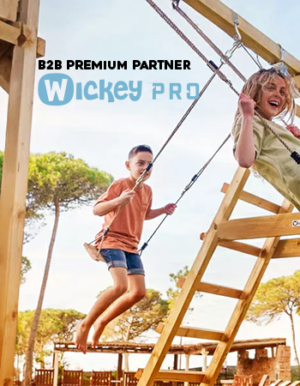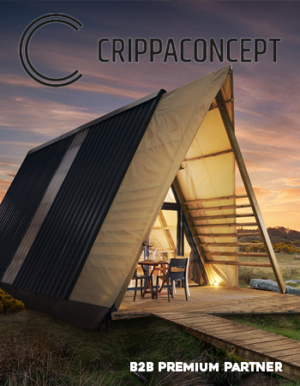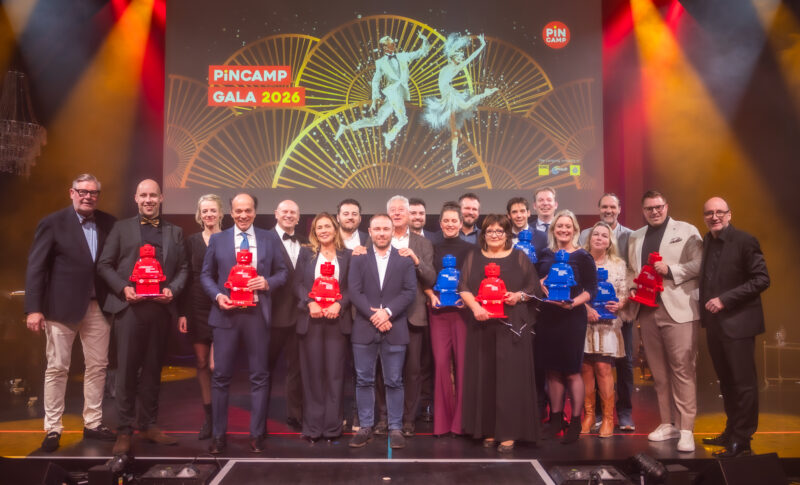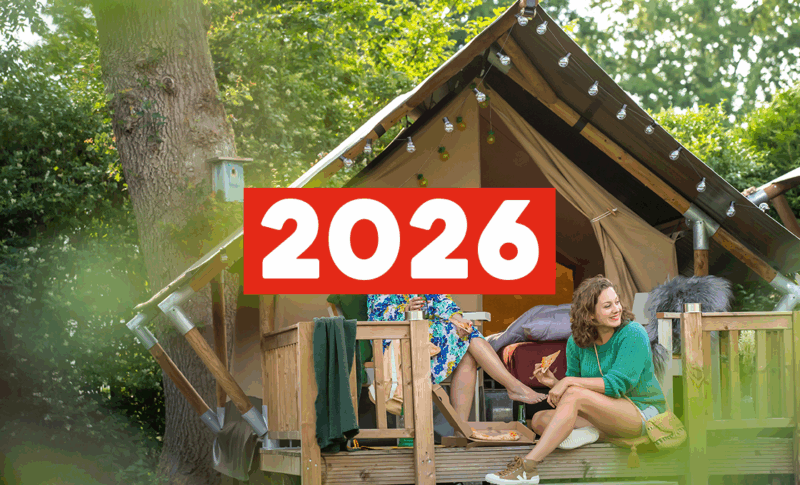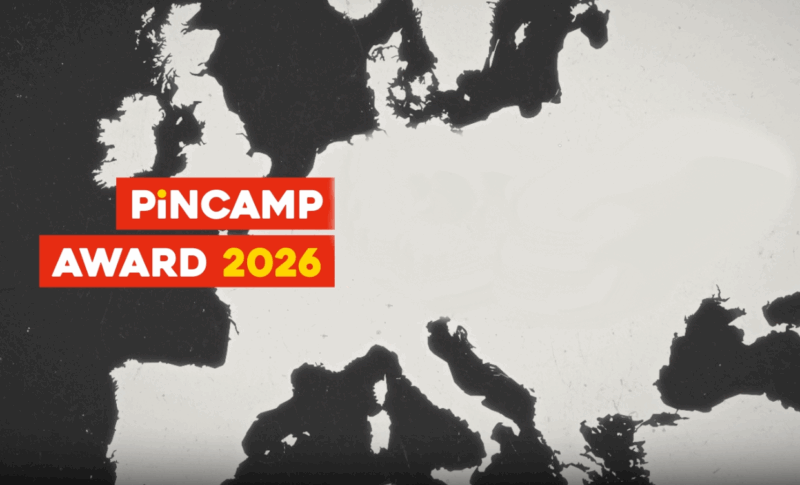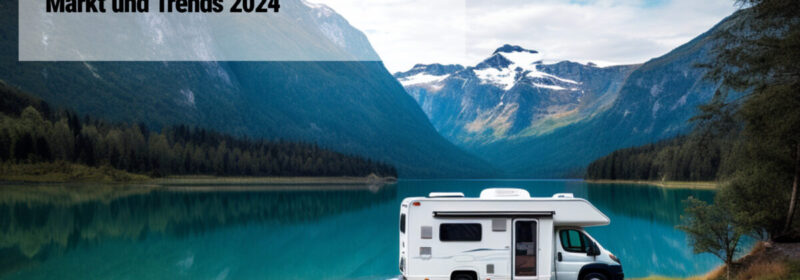
Search, compare and book campsites – preferably online, according to study
The outlook for the camping industry in 2025 is positive, with holidaymakers with motorhomes or caravans preferring to find out about campsites online. They often book online, directly on the campsite website or on booking portals. The Focus Caravaning 2024 (order here) study shows this and more.
The study was conducted by gsr Unternehmensberatung and MiiOS Marktforschung, with PiNCAMP as one of the premium partners. The market research study examines the travel and usage behaviour of over 3,000 representatively selected camping holidaymakers.
Here you will find our top 10 summary of the results – with a focus on ‘searching for and booking’ a campsite or pitch.
1. camping holidaymakers have an above-average affinity for digital services
The so-called ‘early adopters’, who are at the forefront of digital and trends, are strongly represented among camping holidaymakers/caravanners – at 30%. In the comparison group of non-caravanners, on the other hand, only 10% are early adopters.
2. most campers compare several campsites
73 % compare different campsites before travelling. This applies to online and offline information. Comparisons are just as important for younger campers as they are for boomers: in all age cohorts, over 70 % of respondents compare different sites.
3. internet is the most important source of information
63 % of respondents obtain information about their planned camping trip online. This puts online searches and information well ahead of ‘from friends / family / acquaintances’ (44 %), camping guides (31 %) and the telephone (22 %).
4. increasing importance of social media, videos and AI searches
Search engines and websites dominate online information and bookings. They are followed by social media including forums and blogs, videos and comparison portals. ChatGPT is new in the ranking – with only 7%, but with an upward trend.
5. apps from Booking, ADAC (PiNCAMP) and Park4Night dominate
App users mostly use Booking.com (48%) or the ADAC Camping & Pitch Guide (47%) for information or bookings. Park4Night (27 %), Komoot (24 %) and Camping.info (19 %) follow at a distance.
6 Instagram and YouTube are the most important social media channels
Instagram dominates the social media sites used by campers with 67 % and YouTube with 66 %. Facebook, already ‘written off’ by some, is in third place with 47 %, far ahead of TikTok (25 %), WhatsApp (21 %) and X (ex-Twitter) with 10 %.
7. most expect pitches to be bookable online
65% of campers prefer a pitch that can also be booked online. It is also important (for 55% of users) to compare providers before travelling, on websites or in an app.
8. over half book early
Not exclusively online, but also offline – but important for digital marketing: 53% of campers book early. Apparently, many want to secure the pitch and holiday date they want. 39% like to book last minute.
9. bookings via provider website or camping portals
28% of respondents book via the campsite or pitch website, followed by bookings via a platform or camping portal with 23%. Booking via app came in third place – with a strong upward trend compared to the previous year.
10. prices, availability, facilities and pictures are the most important information
Most respondents, 60%, want to see an overview of prices online; 47% also want to see the availability of pitches. This is followed by the pitch’s features and pictures, each at 45%.
Conclusion: Trends and tools for digital searches and bookings continue to grow
Own websites and booking portals with online bookability remain important. They are increasingly being supplemented by other digital channels. For campsite operators, this means that they can set themselves apart from their competitors not only with their websites, but also with social media and their presence in apps and on booking portals. Online bookability plays a major role here.
